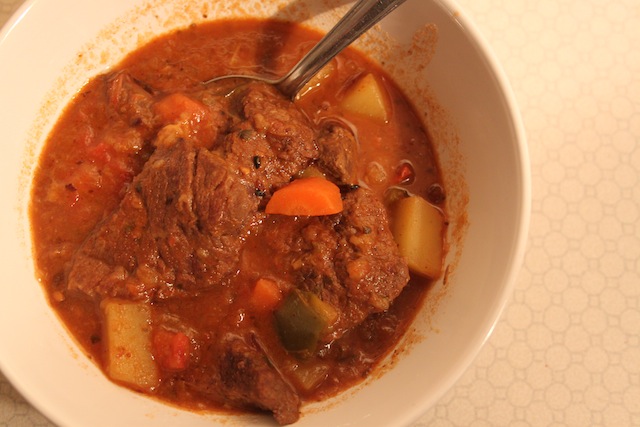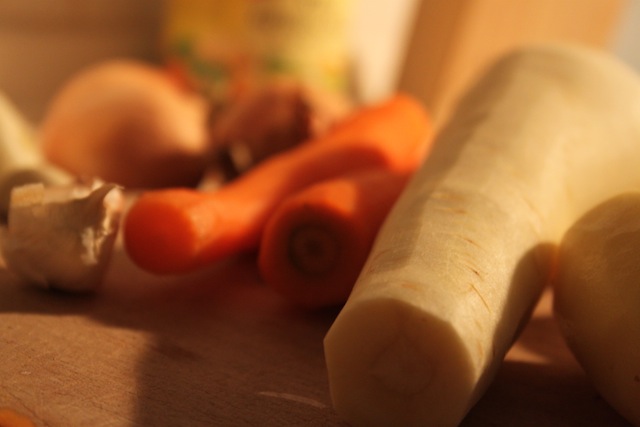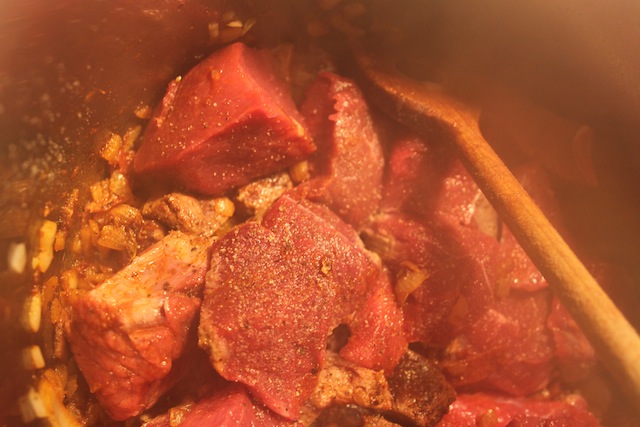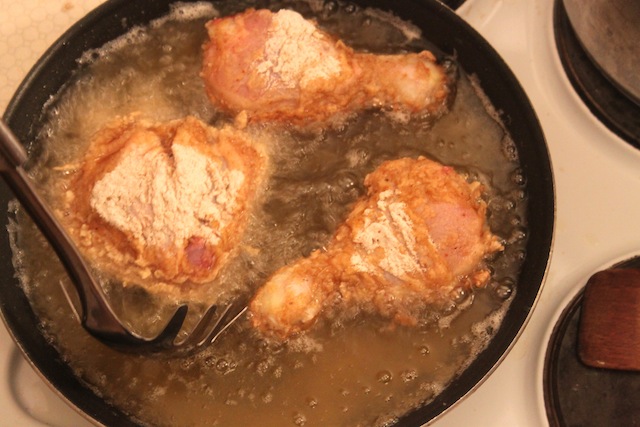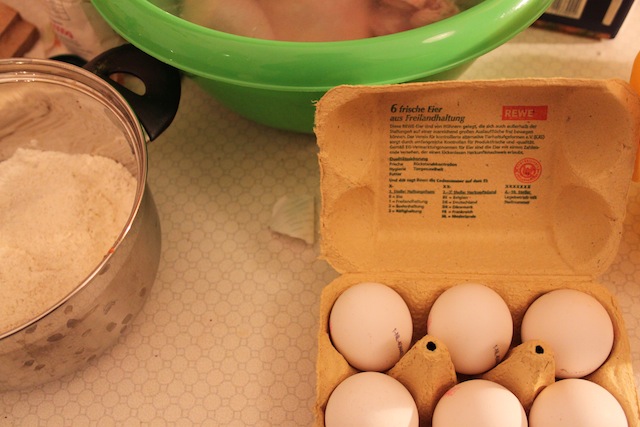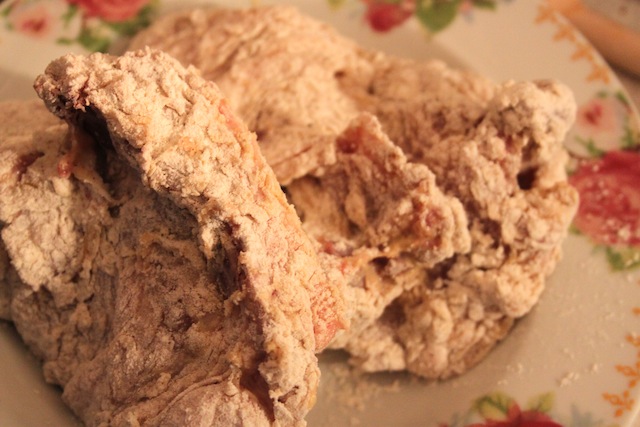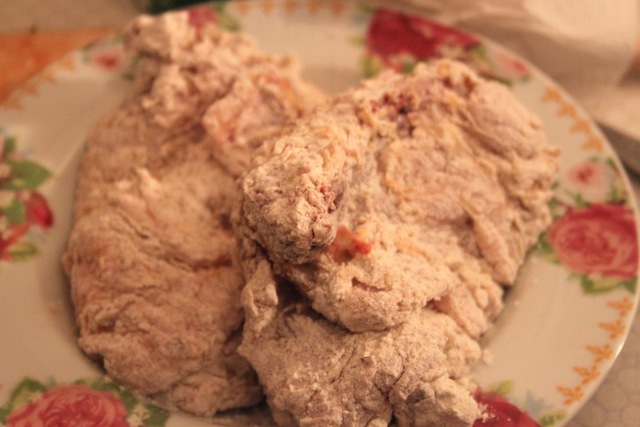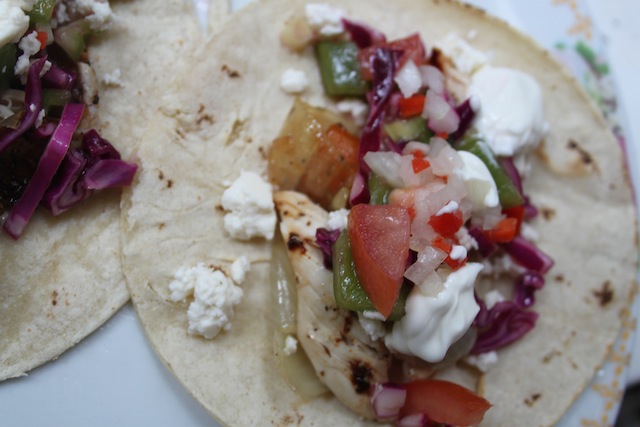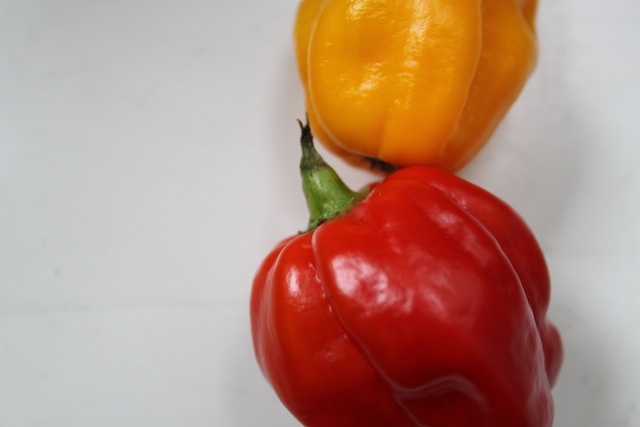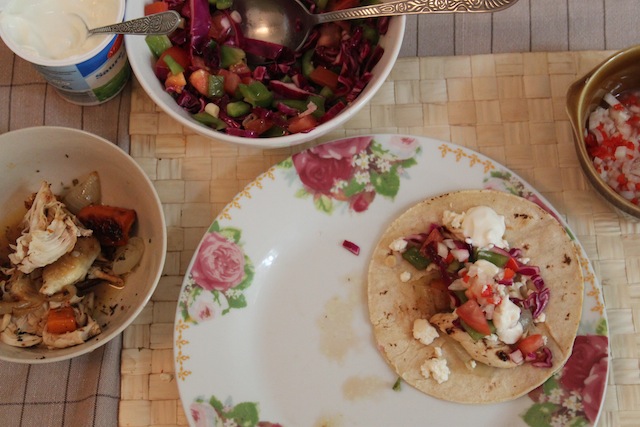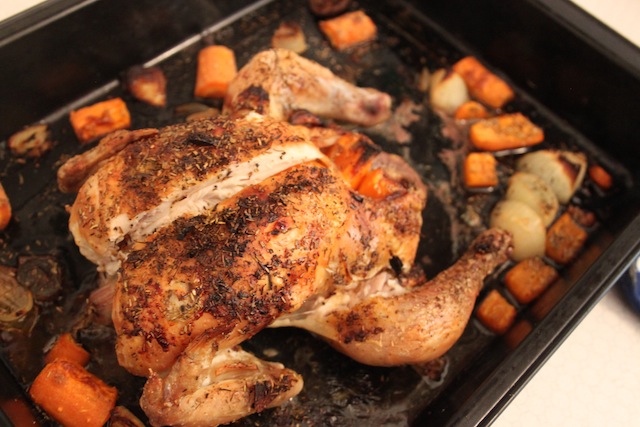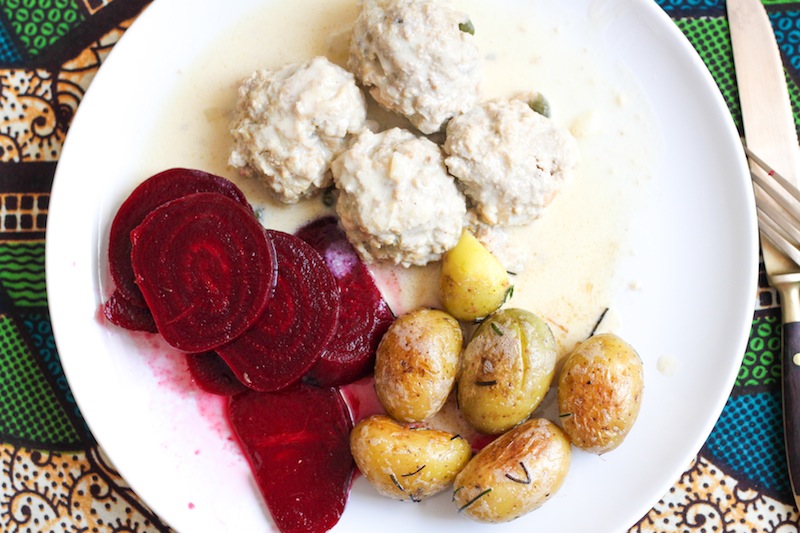
I remember the first time I went to a bakery in Berlin and asked for three “Weckle.” The woman behind the counter looked at me blankly, and then slowly, contemptuously, following my line of sight, said, “Don’t you mean three Schrippen?” I nodded, slightly confused at her huff – because even in the States, where we have few regional dialect differences, when someone asks for a “pop,” we just laugh and ask what rock they grew up under (it’s Ohio).
But not in Berlin. Here, Berlinerisch is spoken with pride – and a certain amount of sass, which even has a name. “Berliner Schnauze” literally translates as “Berlin snout,” but is more closely captured by the phrase “smart-ass sassafras pants.” The Berliner Schnauze is a trifecta of “snappy attitude, dry wit and downright rudeness” (a lovely description from Ian Farrell’s article on Berlinerisch in Slow Travel Berlin). Everyone’s a comedian. But a kind of scary one you can’t understand.
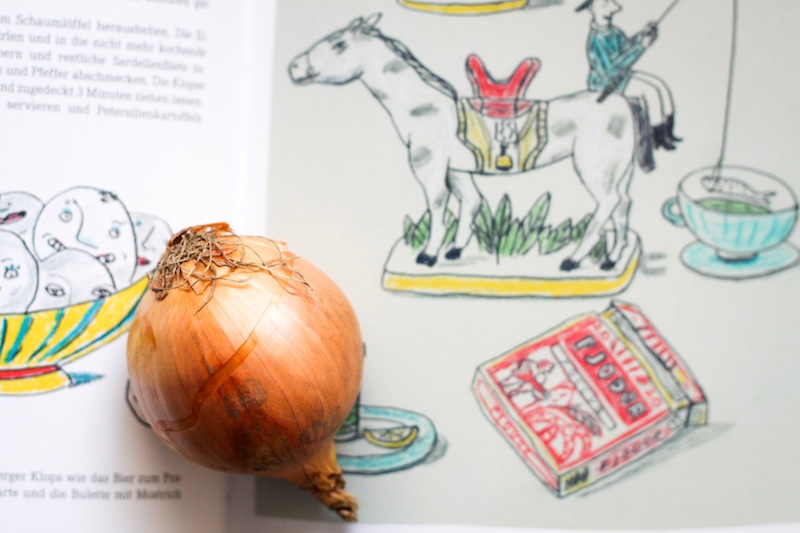
My childhood experience of Germany was almost solely limited to the south, where they speak their own brand of incomprehensible dialect, Schwäbisch. But since I grew up hearing it, I can understand it – most of it.
But one of the interesting things about growing up in the US speaking a German heavily influenced by a particular dialect, is that when you move to a different region in Germany, you’re not ever totally sure if a word you use is real German (aka Hochdeutsch) or if someone is going to laugh at you for saying “Weckle.”
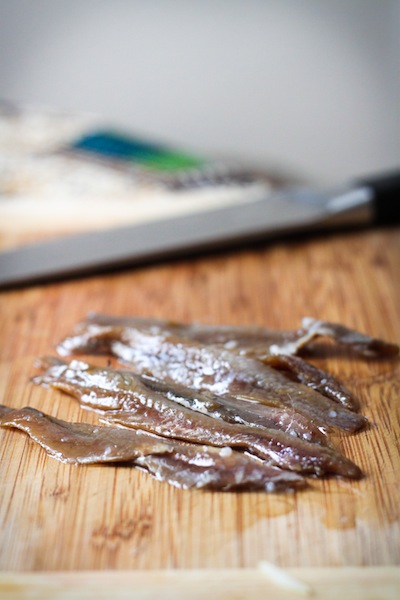
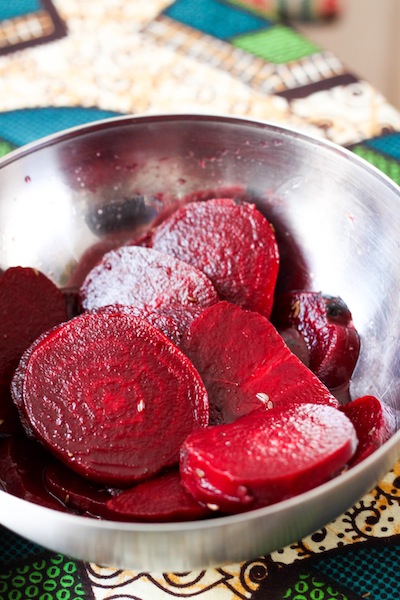


Technically, Berlinerisch isn’t actually a dialect (or an accent), but a metrolect, “a mixture of different dialects all piled together in one big urban area, usually due to a long history of immigration into the city, from both elsewhere in the country and further afield. » Continue reading this post...
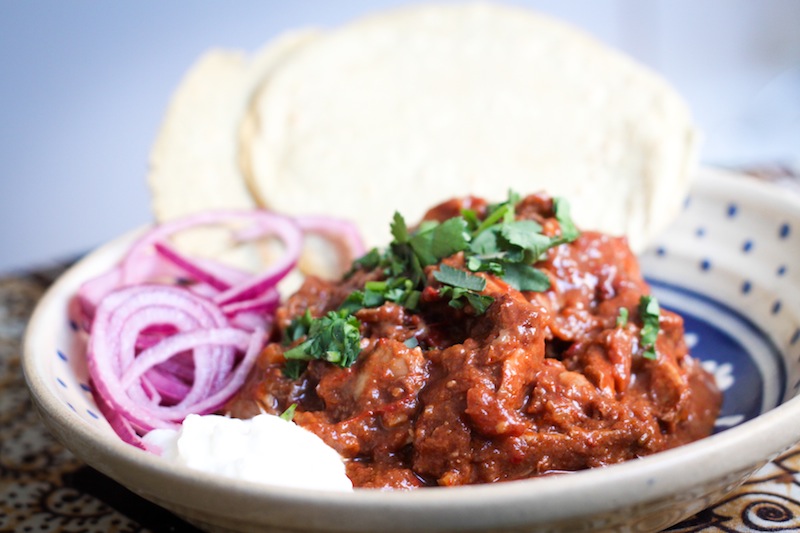
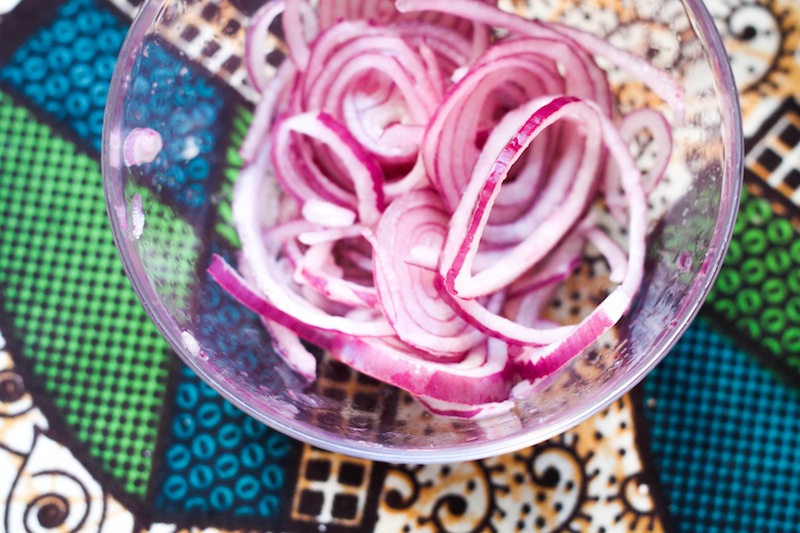

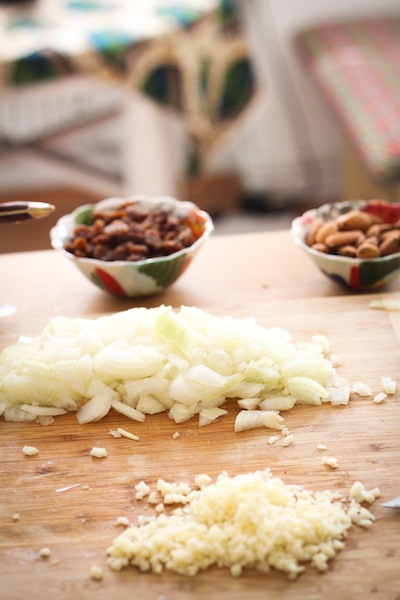
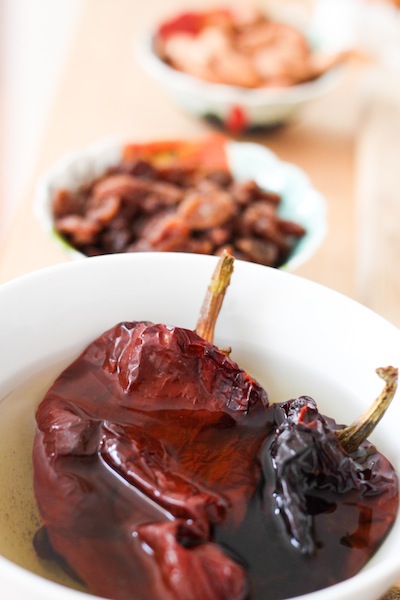


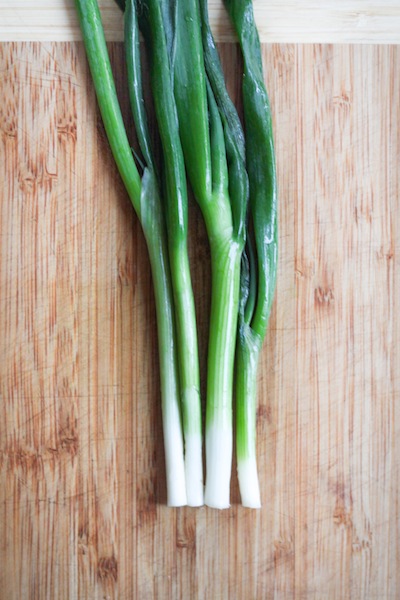
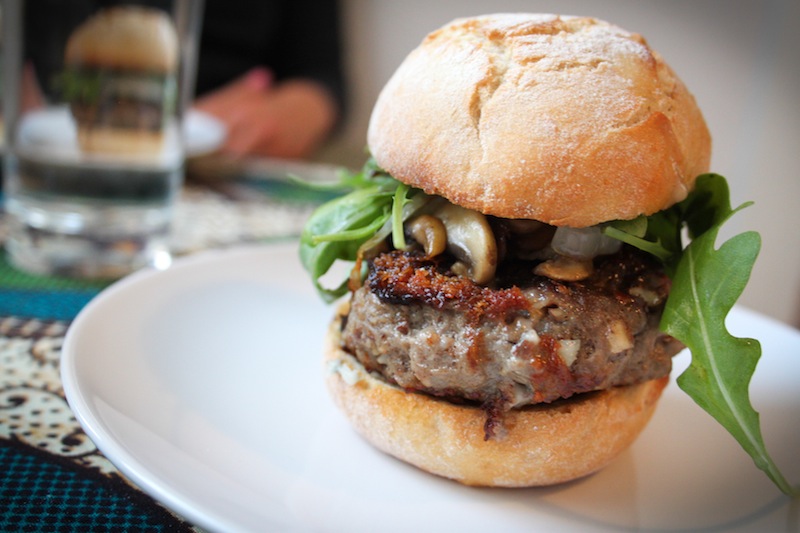
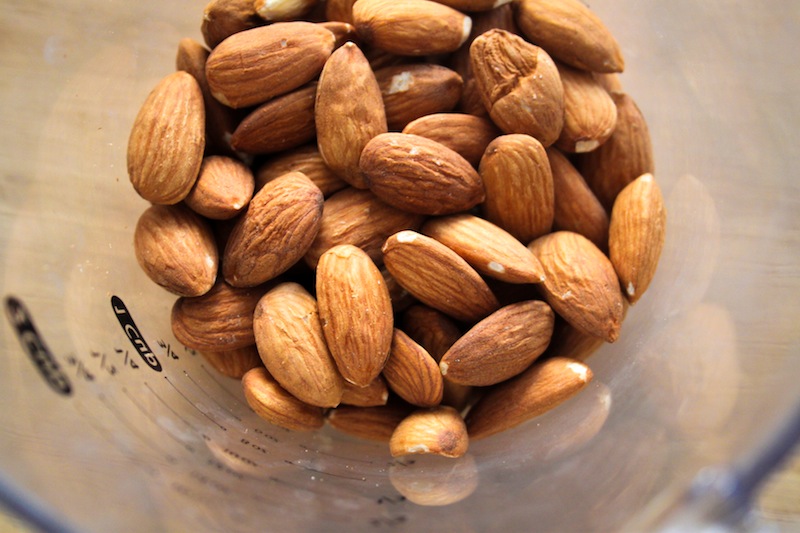
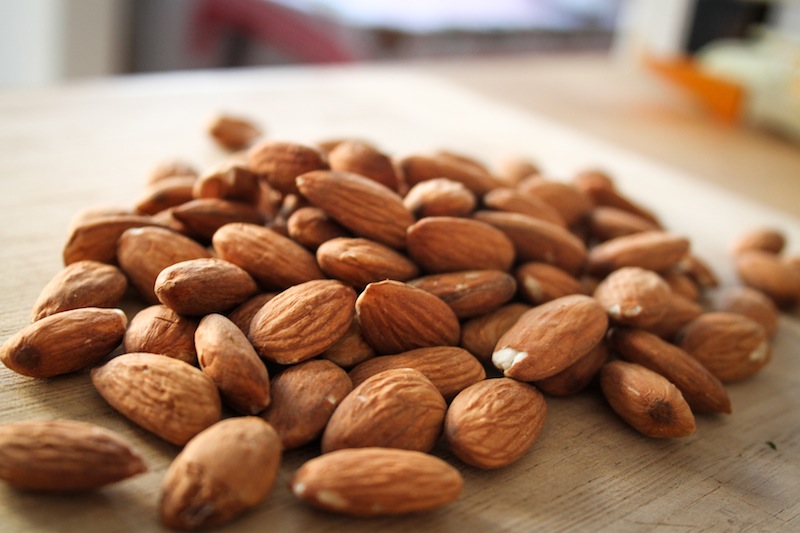
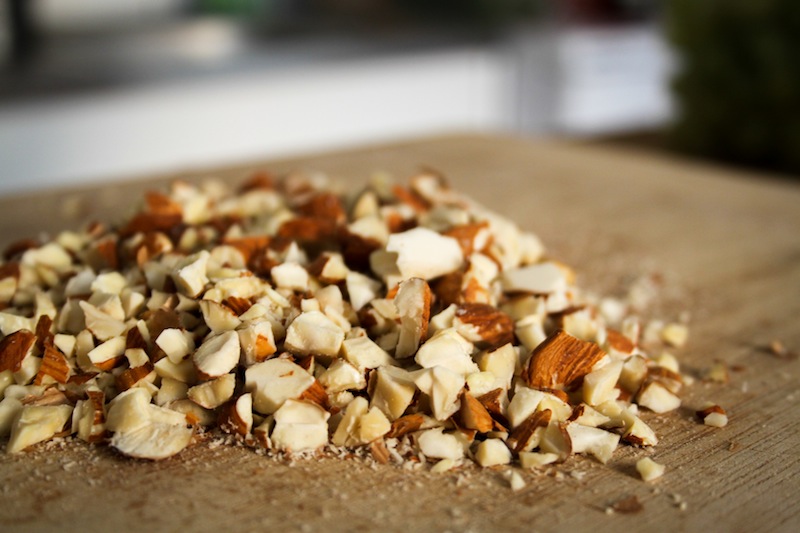
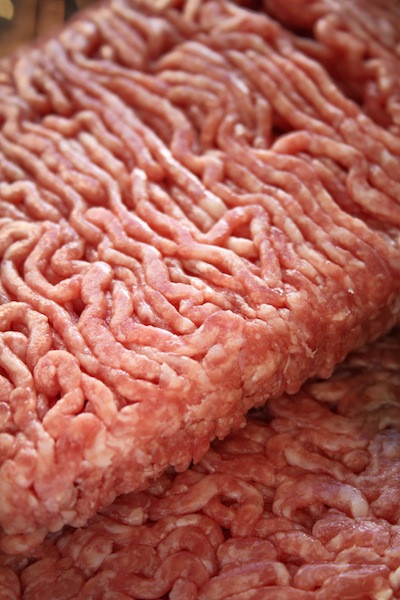
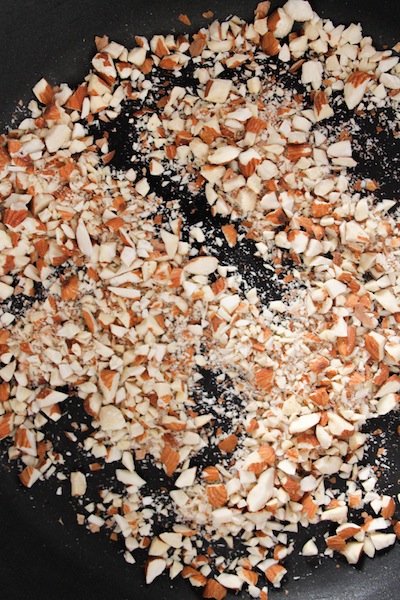
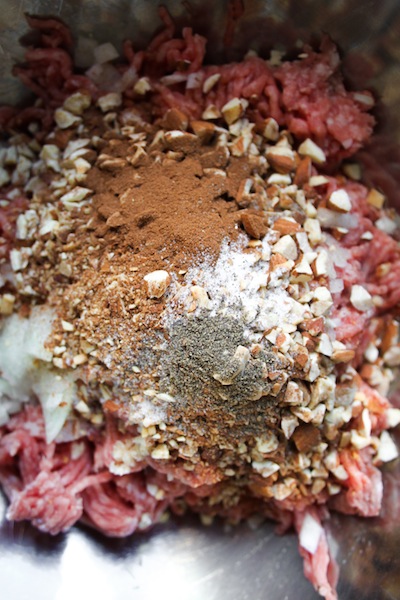
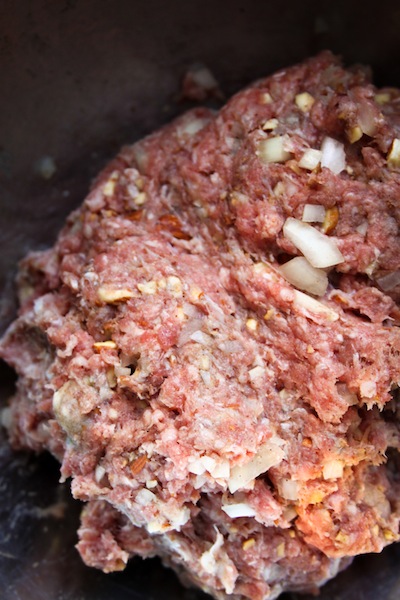
 I know it’s summer. I can feel the sweat dripping down my back, the wet air making my elbows peel from my desk as I type. My eyelids stick when I blink. And yet… Call me crazy, but I made chili for dinner. I thought about calling this breezy summer chili. Fresh, seasonal meat and beans magic? And then I realized that there was really no point in telling the story any other way than the way it was. It was too hot to make chili, and that’s exactly what I did. Stick, stick, says my elbow, letting me know I spent too long thinking about that last sentence.
I know it’s summer. I can feel the sweat dripping down my back, the wet air making my elbows peel from my desk as I type. My eyelids stick when I blink. And yet… Call me crazy, but I made chili for dinner. I thought about calling this breezy summer chili. Fresh, seasonal meat and beans magic? And then I realized that there was really no point in telling the story any other way than the way it was. It was too hot to make chili, and that’s exactly what I did. Stick, stick, says my elbow, letting me know I spent too long thinking about that last sentence. 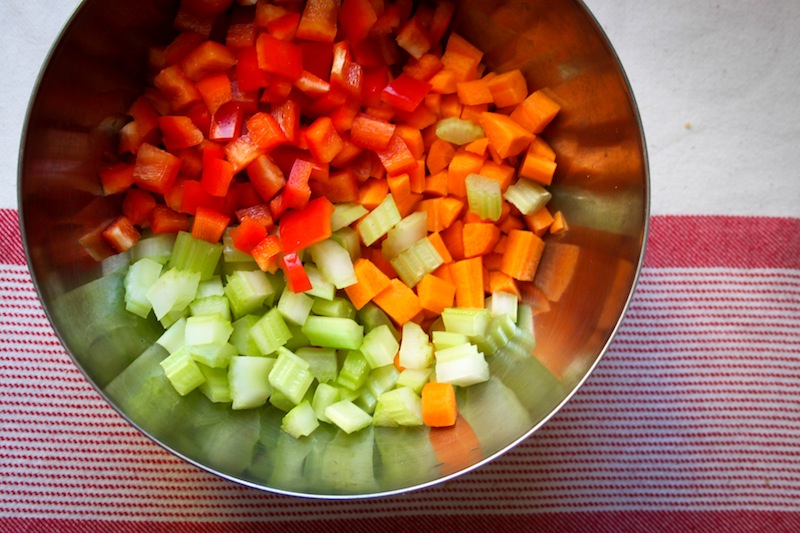
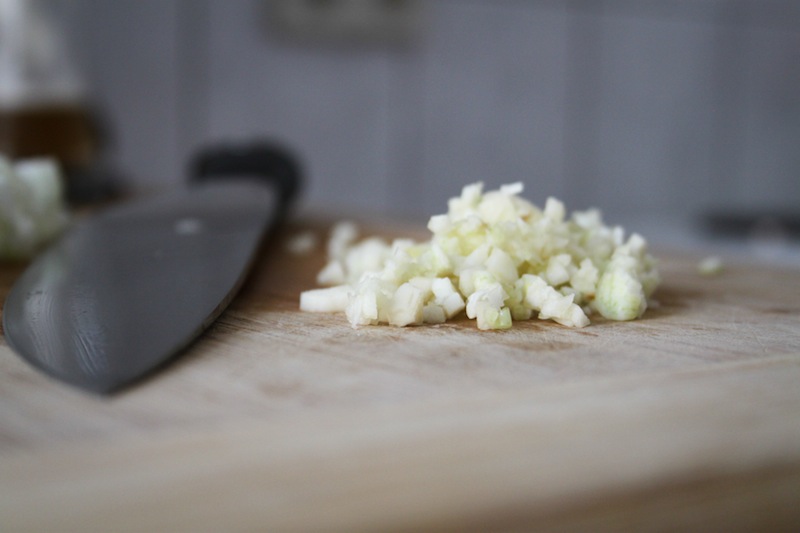 You know that feeling you get when you’re on the verge of a nervous breakdown? That quiet, manic calm that feels watery and full of cracks? I feel a little bit that way. There’s too much to do. I’ve had to read piles of poetry for SAND, the literary journal where I work as the poetry editor. I’ve been working on a translation competition, getting my own poetry collection finished, visiting with family, keeping the apartment clean, working on home improvement projects and crafts, answering emails. It doesn’t even sound like much to write it out, and a lot of it is things I generally enjoy doing – but all those little things add up. And when I think about tackling just one of those things, I go… ah! GIFs on the internet!
You know that feeling you get when you’re on the verge of a nervous breakdown? That quiet, manic calm that feels watery and full of cracks? I feel a little bit that way. There’s too much to do. I’ve had to read piles of poetry for SAND, the literary journal where I work as the poetry editor. I’ve been working on a translation competition, getting my own poetry collection finished, visiting with family, keeping the apartment clean, working on home improvement projects and crafts, answering emails. It doesn’t even sound like much to write it out, and a lot of it is things I generally enjoy doing – but all those little things add up. And when I think about tackling just one of those things, I go… ah! GIFs on the internet!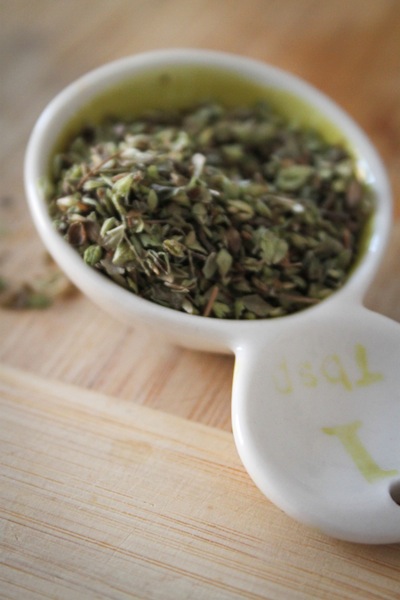

 So logically, after a full day of work, I pedaled to the grocery store to pick up beef and peppers, coffee for breakfast tomorrow, bacon, sour cream and green onions. My project was herculean, considering the weather. Stand by the hot stove, sweat streaming, to slow-cook some chili. At least I remembered to pick up an icy Hefeweizen to take the edge off.
So logically, after a full day of work, I pedaled to the grocery store to pick up beef and peppers, coffee for breakfast tomorrow, bacon, sour cream and green onions. My project was herculean, considering the weather. Stand by the hot stove, sweat streaming, to slow-cook some chili. At least I remembered to pick up an icy Hefeweizen to take the edge off. 